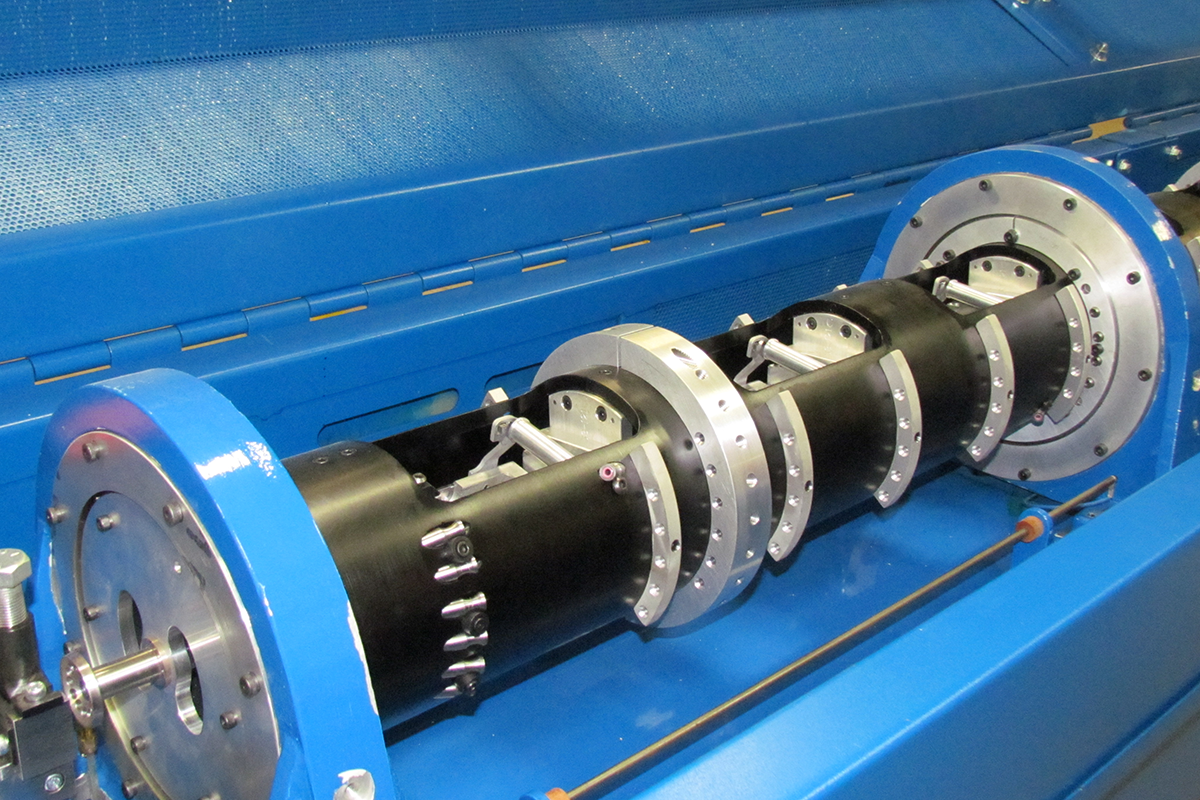In 1847 a young Scottish chemist in Alfreton, Derbyshire accidentally distilled natural petroleum from very thin lamp oil. This discovery prompted him to embark on a business venture in refining crude oils from a variety of sources – paraffin wax from coal, oil from shale and locally mined torbanite – all of which burned more efficiently and cost much less to produce than whale oil. Meanwhile, a man named Henry Bessemer set about obtaining a patent for the ancient Chinese practice of decarburizing steel, and the number of steam engines in England broke eight thousand.
As new energy sources, methods of production, and modes of transportation began to coalesce and combine, manufacturers ushered in the Industrial Revolution.
Does this sound familiar? Today’s technological climate is headed toward a very similar confluence of advancements as smart technologies and the Internet of Things (IoT) continue to converge toward one another under the unified umbrella of manufacturing. “The Fourth Industrial Revolution is an era of automation, constant connectivity, and accelerated change, in which the Internet of Things meets the Smart Factory,” says Arianna Huffington, founder of The Huffington Post.
It’s an exciting time to be sure, yet as we sit on the precipice of massive industrial re-organization, many modern businesses will fail to adapt. These will face the very same threats that put craftsmen out of business in the 1850s: low production rates and profits, limitations in operational capacity and flexibility, and displacement by global competition. Ultimately, manufacturing companies that persist in using outmoded technologies within the revolutionary new marketplace will be left behind.
Bartell Machinery Systems is a global leader which prides itself on creating forward-looking innovative production solutions for the tire and rubber, oil and gas, and wire and cable industries.
As an ISO 9001:2008, ISO 14001:2015 and OSHAS 18001:2007 certified company, Bartell offers some of the industry’s most advanced and proven manufacturing systems for the production of tire beads, subsea oil and gas flexible pipe, and wire and cable products. With a laser focus on providing and fostering innovation, each and every piece of equipment is designed to optimize operational reliability, production efficiency and asset lifecycle. Bartell continues to integrate new technologies into its designs, resulting in solutions that complement productions’ migration into an advanced manufacturing environment while meeting the unexpected needs of tomorrow.
A 2015 report by GE and Accenture identifies “the Industrial Internet” as the “tight integration of sensors, software, machine-to-machine learning and other technologies to gather and analyze data from physical objects or other large data streams – and then use those analyses to manage operations and in some cases to offer new, value-added services.”
In other words, smart manufacturing equipment is responsible for the creation of self-aware machinery which reports on its own performance and allows for predictable maintenance and the ability to re-calibrate in real time to optimize its utility.
Can you imagine having survived the manufacturing conditions of the 1970s and 1980s – which witnessed its own boom in technological advancements among manufacturers – without adopting the use of personal computers or numerically controlled machines? Of course not. Manufacturers cannot afford to be short-sighted in their acceptance and integration of modern technologies. Today, we’re already witnessing the widespread use of automation, robotics and cloud and mobile computing services. The convergence of these emerging technologies is inevitable and is already rapidly progressing, providing clear and measurable competitive advantages for those who embrace them.
Manufacturers with outdated equipment and methods need to invest in these new technologies. Why just keep up with the times, when you can jump ahead? After all, you’re bound to adopt the technology sooner or later. Don’t take an unnecessary and historically proven risk. Invest in smart manufacturing to meet the demands of the tomorrow and ensure a bright and productive future.

